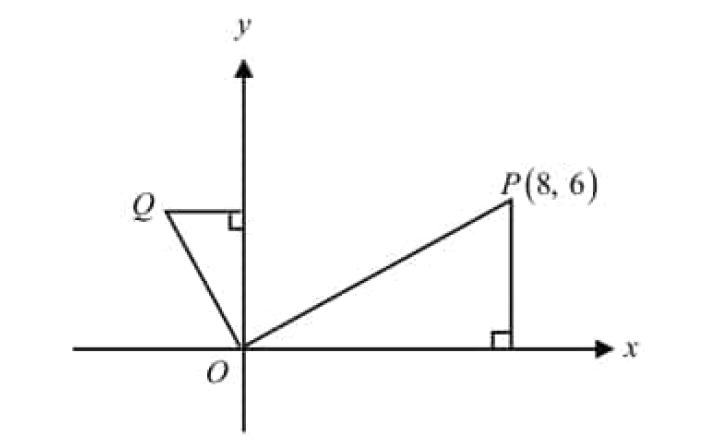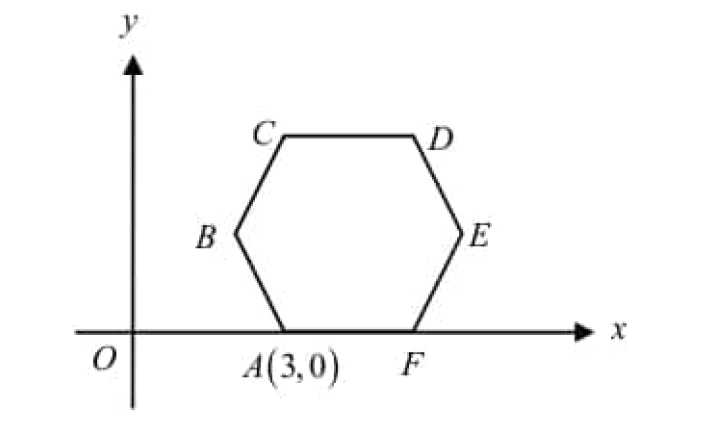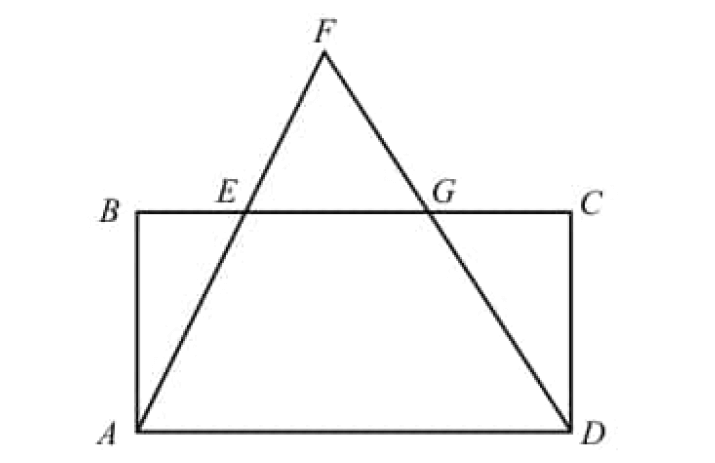WORKSHEET FOR OPERATIONS ON COMPLEX NUMBERS IN POLAR FORM
Find the product of complex numbers in polar form
1)
z1 = 7(cos 25˚ + i sin 25˚)
z2 = 2(cos 130˚ + i sin 130˚)
2)
z1 = √2(cos 118˚ + i sin 118˚)
z2 = 0.5(cos (-19˚) + i sin (-19˚)
3)
z1 = 5(cos π/4 + i sin π/4)
z2 = 3(cos 5π/4 + i sin 5π/4)
4)
z1 = √3(cos 3π/4 + i sin 3π/4)
z2 = 1/3(cos π/6 + i sin π/6)
Write your answer in rectangular form when rectangular form is given and in polar form when polar form is given.
5) (4 + 4i) (5 - 3i) Solution
6) 4√2(cos 7π/4 + i sin 7π/4) ⋅ 2(cos π/6 + i sin π/6)
7) [2√2(cos 7π/6 + i sin 7π/6)] / [6(cos 11π/6 + i sin 11π/6)]
Find the product of the complex numbers in polar form. Answer in both polar form and rectangular form.
8) 𝑧1 = 4(cos 225° + 𝑖sin 225°) and 𝑧2 = 3(cos 90° + 𝑖sin 90°)
9) 𝑧1 = √2(cos 2π/3 + 𝑖 sin 2π/3) and 𝑧2 = 1/5(cos π/6 + 𝑖sin π/6)
Find the quotient of the complex numbers in polar form: 𝑧1/𝑧2 Write the answer in both polar form and rectangular form.
10) 𝑧1 = 2(cos 210° + 𝑖sin 210°) and 𝑧2 = 8(cos 60° + 𝑖sin 60°)
11) 𝑧1 = 2/5 (cos𝜋/2 +𝑖 sin 𝜋/2) and 𝑧2 = 1/2 (cos 5𝜋/4 + 𝑖 sin 5𝜋/4)
Answers :
|
1) 14(cis (155˚)) 2) (1/√2)(cis (99˚)) |
3) 15(cis (23π/12)) 4) (1/√3)(cis (11π/12)) |
Find the quotient of complex numbers in polar form
1) z1 = 2(cis (30˚)) and z2 = 3(cis (60˚))
2) z1 = 5(cis (220˚)) and z2 = 2(cis (115˚))
3) z1 = 6(cis (5π)) and z2 = 3(cis (2π))
4) z1 = cis (π/2) and z2 = cis (π/4)
Answers :
|
1) (2/3)(cis (-30˚)) 2) 5/2(cis (105˚)) |
3) 2(cis (3π)) 4) cis (π/4) |
(1) Write in polar form of the following complex numbers
(i) 2 + i 2√3
(ii) 3 - i √3(iii) −2 − i2
(iv) (i - 1) / [cos (π/3) + i sin (π/3)] Solution
(2) Find the rectangular form of the complex numbers
(i) [cos (π/6) + i sin (π/6)] [cos (π/12) + i sin (π/12)]
(ii) [cos (π/6) - i sin (π/6)]/2 [cos (π/3) + i sin (π/3)]
(3) If (x1 + iy1) (x2 + iy2) (x3 + iy3) ................(xn + iyn) = a + ib show that
(i) (x12 + y12) (x22 + y22)............ (xn2 + yn2) = a2 + b2

(4) If (1 + z)/(1 - z) = cos 2θ + i sin 2θ, show that z = i tan θ Solution
(5) If cos α + cos β + cos γ = sin α + sin β + sin γ = 0, show that
(i) cos 3α + cos 3β + cos 3γ = 3 cos (α + β + γ) and
(ii) sin 3α + sin 3β + sin 3γ = 3 sin (α + β + γ)
(6) If z = x + iy and arg [(z - i)/(z + 2)] = π/4, show that x2 + y2 + 3x − 3y + 2 = 0. Solution
Answer Key
1) (1/√2)(1 + i)
2) (-1/2)
3) (x12+y12) (x22 + y22)(x32 + y32) ..............(xn2 + y2) = (a2+b2)
4) ∑r = 1 to n tan-1(yr/xr) = tan-1(b/a) + 2kπ, k ∈ z
5) [-9√3/2 - i (9/2)]
6) (1/4) (√2 + i√2)
7) (√2/2 + i√2/2)
8) 5√2 (cos π/4 + i sin π/4)
9) 2 (cos 5π/6 + i sin 5π/6)
(1) If z = x + iy is a complex number such that |(z - 4i)/(z + 4i)| = 1 show that the locus of z is real axis. Solution
(2) If z = x + iy is a complex number such that im (2z + 1)/(iz + 1) = 0, show that locus of z is 2x2 + 2y2 + x - 2y = 0 Solution
(3) Obtain the Cartesian form of the locus of z = x + iy in each of the following cases:
(i) [Re (iz)]2 = 3
(ii) im [(1 - i)z + 1] = 0
(iii) |z + i| = |z - 1|
(iv) z bar = z-1 Solution
(4) Show that the following equations represent a circle, and, find its centre and radius
(i) |z - 2 - i| = 3
(ii) |2z + 2 − 4i| = 2
(iii) |3z − 6 +12i| = 8. Solution
(5) Obtain the Cartesian equation for the locus of z = x + iy in each of the following cases:
(i) |z − 4| = 16
(ii) |z − 4|2 - |z - 1|2 = 16 Solution
Answer Key
1) Since the value of y is 0, we have shown that locus z is real axis.
2) 2x2 + x - 2y + 2y2 = 0
3) i) y2 - 3 = 0 ii) x - y = 0
iii) x + y = 0 iv) x2 + y2 = 1
4)
i) centre and radius are (2, 1) and 3 respectively.
ii) centre and radius are (-1, 2) and 1 respectively.
iii) centre and radius are (2, -4) and 8/3 respectively.
5)
i) x2 + y2 - 8x - 240 = 0
ii) 6x + 1 = 0
1)
P represents the variable complex number z, find the locus of P if
Re (z + 1/z + i) = 1
2)
P represents the variable complex number z, find the locus of P if
|z - 5i| = |z + 5i|
3)
P represents the variable complex number z, find the locus of P if
| 2z − 3 | = 2
Answer Key
1) the locus of the given complex number is
x - y - 1 = 0
2) y = 0
3) 4x2 + 4y2- 12x + 5 = 0

Kindly mail your feedback to v4formath@gmail.com
We always appreciate your feedback.
©All rights reserved. onlinemath4all.com
Recent Articles
-
Digital SAT Math Problems and Solutions (Part - 245)
Aug 05, 25 07:59 AM
Digital SAT Math Problems and Solutions (Part - 245) -
Digital SAT Math Problems and Solutions (Part - 244)
Aug 04, 25 11:43 AM
Digital SAT Math Problems and Solutions (Part - 244) -
Digital SAT Math Problems and Solutions (Part 243)
Aug 04, 25 07:07 AM
Digital SAT Math Problems and Solutions (Part 243)


